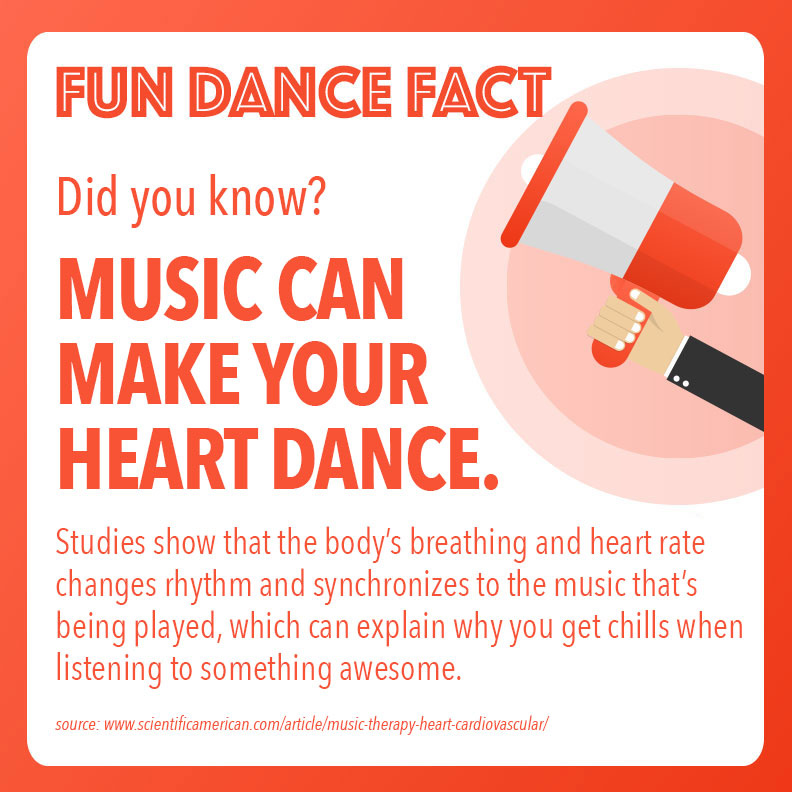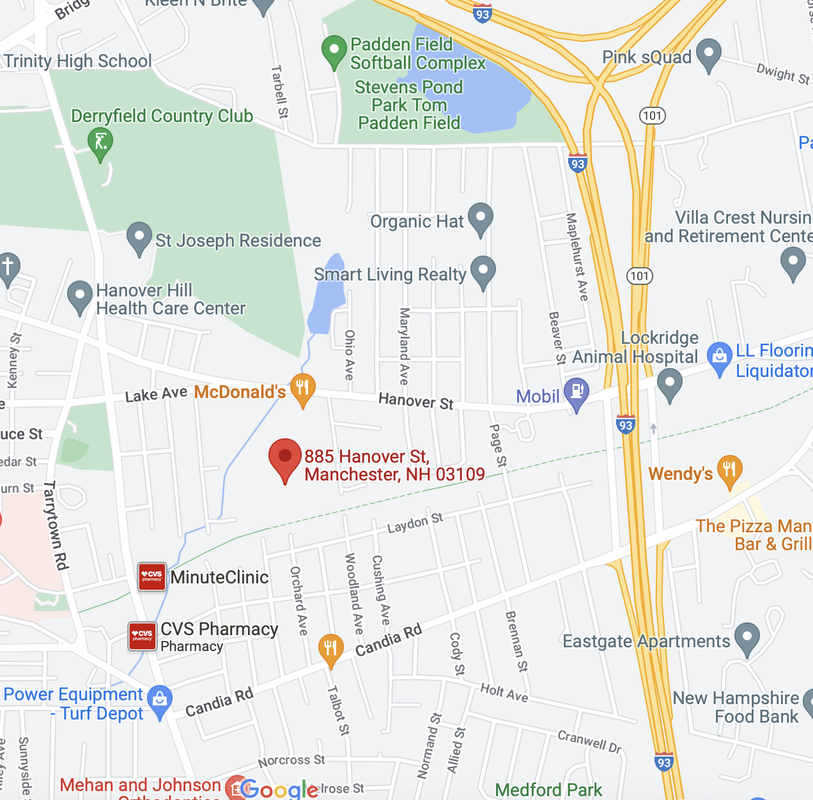|
Music can make your heart dance. Studies show that the body’s breathing and heart rate changes rhythm and synchronizes to the music that’s being played, which can explain why you get chills when listening to something awesome. Heart Beat: Music May Help Keep Your Cardiovascular System in Tune
Could a regular dose of Pavarotti or Queen do your body good? By Lynne Peeples on June 24, 2009 Music may calm the savage beast or, at least, make the workday seem shorter. A new study now adds cardiovascular health to the list of music's potential benefits, suggesting it can directly trigger physiological changes that modulate blood pressure, heart rate and respiration. "Music induces a continuous, dynamic—and to some extent predictable—change in the cardiovascular system," said Luciano Bernardi, a professor of medicine at the University of Pavia in Italy and lead author on the paper published in the journal Circulation, in a statement. Understanding the mechanisms of how swelling crescendos and deflating decrescendos affect our physiology, he suggests, could lead to potential new therapies for stroke and other conditions. Bernardi and his colleagues had previously found that changes in the cardiovascular and respiratory systems mirrored musical tempo. To extend this knowledge to the body's response to changing rhythms, they enlisted 24 volunteers—half experienced singers, the remainder with no musical training. While participants listened to five random selections of Beethoven, Bach, Puccini and other classical artists as well as a two-minute segment of silence, monitors recorded physiological signals. The researchers found that selections with crescendos, especially those with a series of them (think: Queen's Bohemian Rhapsody), led to proportional constriction of blood vessels and increases in blood pressure, heart rate and respiration. These measures decreased during decrescendos and silent periods. The team also found that "rich" music phrases around 10 seconds long, like those rhythms from famous arias by Verdi, caused heart rate and other parts of the cardiovascular system to synchronize with the music. Both groups experienced this entrainment, although the musicians showed a stronger response. These results, Bernardi says, indicate that music's effects go beyond a patient's head. "It is not only the emotion that creates the cardiovascular changes," he notes, "but this study suggests that also the opposite might be possible." He believes the boosts in mood—including those pleasurable "chills"—triggered by music might also be a side effect of a physiological reaction. Connie Tomaino, the executive director and co-founder of the Institute for Music and Neurological Function in New York City, has seen evidence of this mechanism in her own clinical practice. "The study hints at the possibility that some of these entrainment mechanisms act at the subconscious level," Tomaino says. "There's enough clinical evidence out there that shows this is true." She notes that even people in semivegetative states show respiratory changes when music is played. Bernardi's study is limited by a small sample size and uniformity between participants—all were healthy Caucasians between the ages of 24 and 26. The authors suggest further research is needed to confirm and generalize their findings to the wider population and to other types of music. Meanwhile, Tomaino finds Bernardi's study "really nicely supports previous inferences" into the science of music. (She is a consultant for a new documentary airing tonight on PBS called "The Music Instinct: Science and Song," featuring an array of musicians including jazz, pop and rap and how they affect human mind and body.) She points to a paper published earlier this year that found a developing fetus is already equipped with the ability to distinguish changes in sound patterns, presumably in order to interpret and learn from the world around them. "We're prewired to be receptive to rhythm," Tomaino says. So, scaramouch, do the fandango. source: www.scientificamerican.com/article/music-therapy-heart-cardiovascular/
0 Comments
Leave a Reply. |
Archives
December 2021
Categories |

 RSS Feed
RSS Feed
